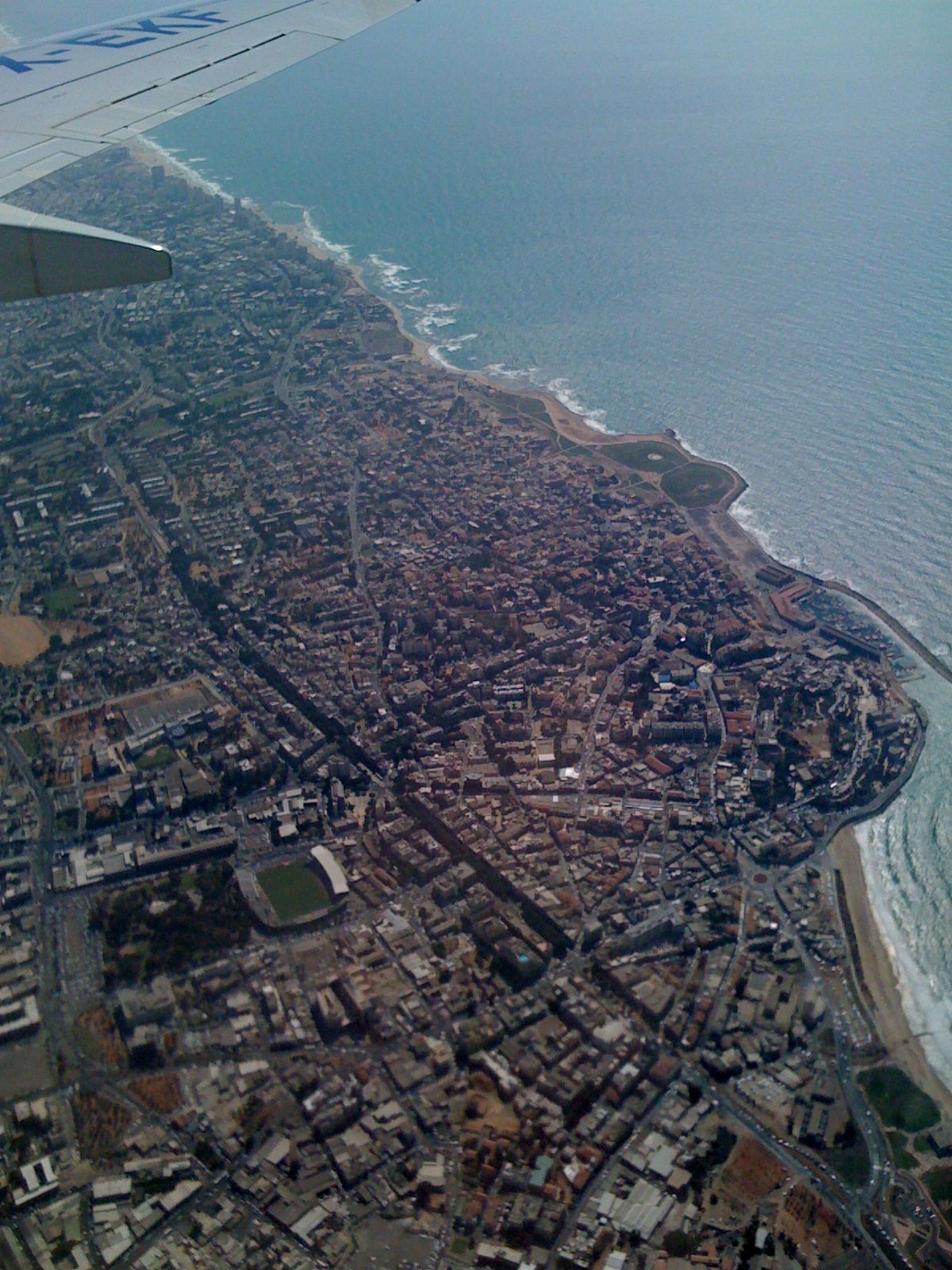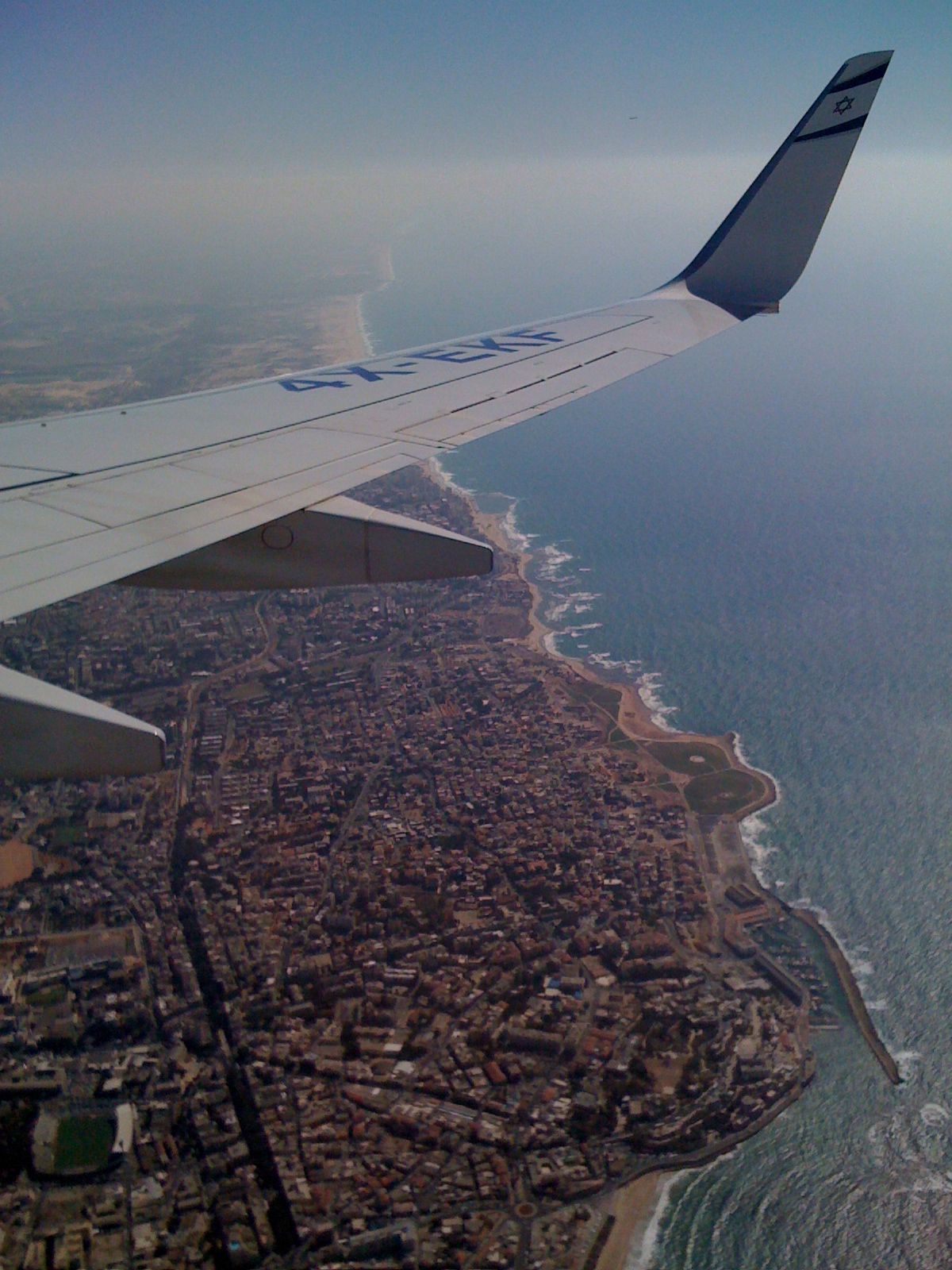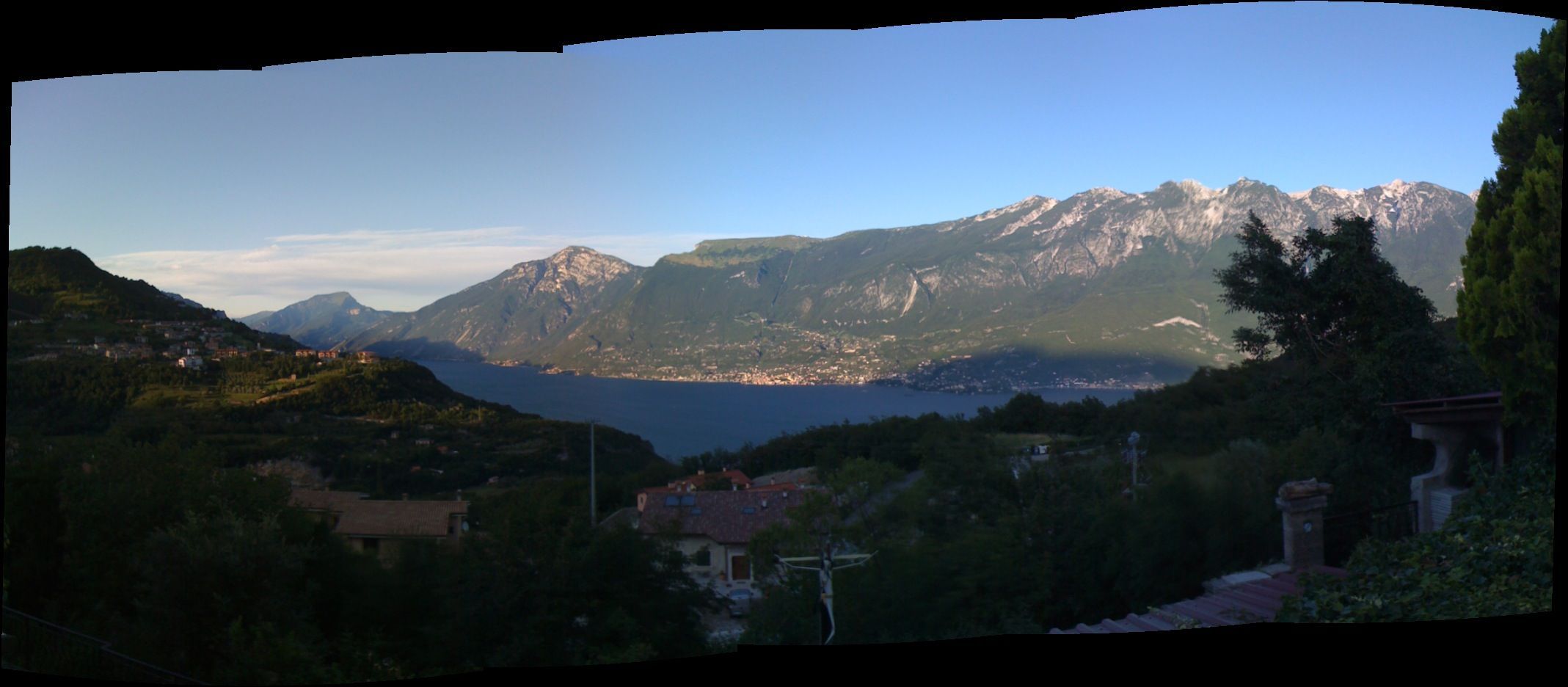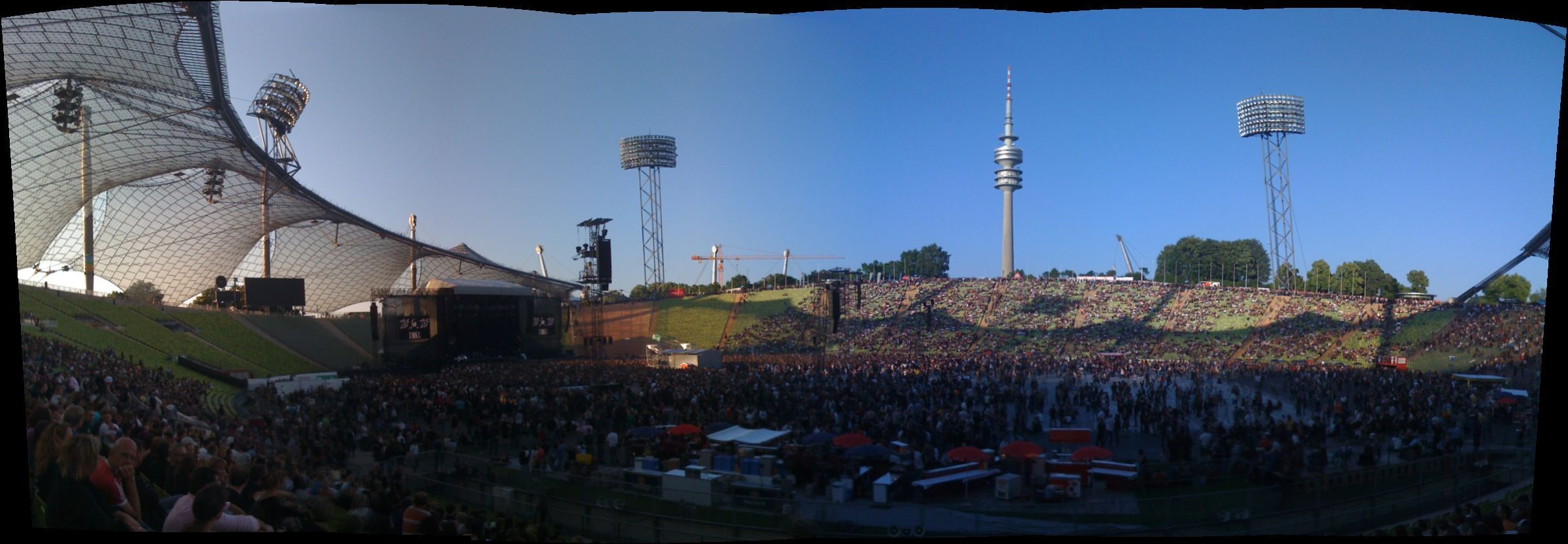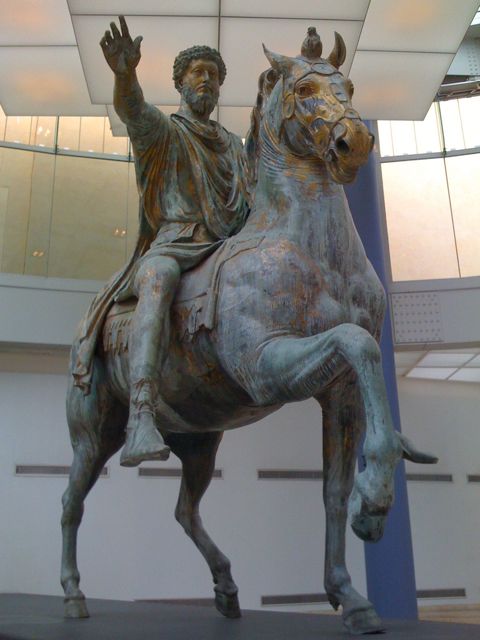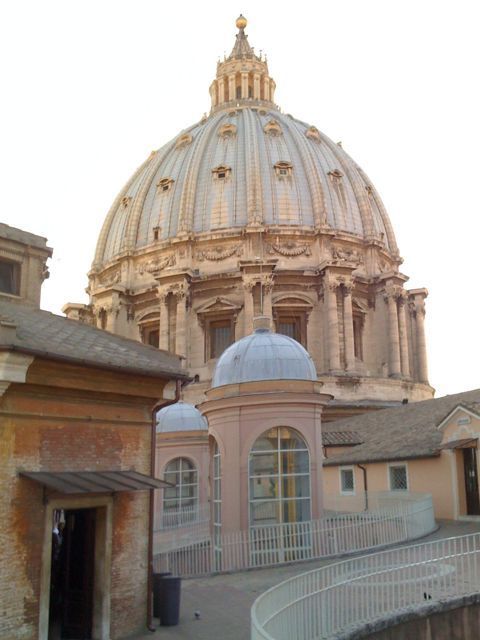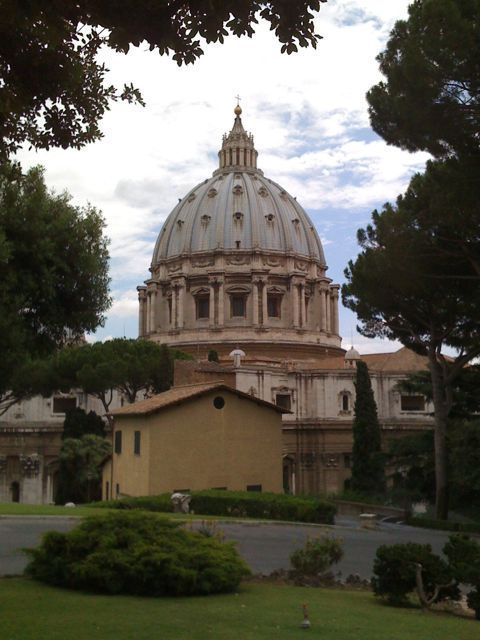Since I could not find any other pics of a Kindle 2 international opened up, I decided to take them myself… Feel free to link to them!
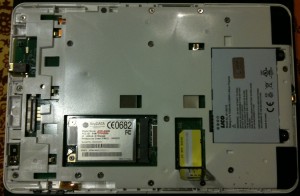
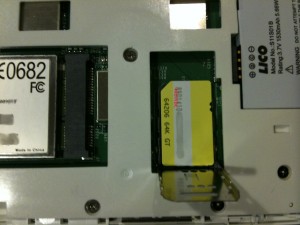
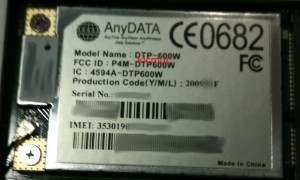
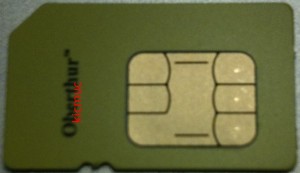
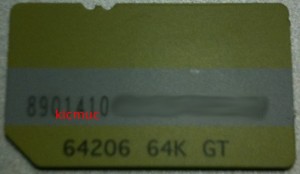
How to compile Bacula FD 2.2.8 on Mac OS X 10.6 Snow Leopard
First patch the original source code with this:
--- ./src/filed/restore.c-orig 2009-11-06 10:20:57.000000000 +0100
+++ ./src/filed/restore.c 2009-11-06 10:22:43.000000000 +0100
@@ -153,7 +153,7 @@
uint32_t buf_size; /* client buffer size */
int stat;
ATTR *attr;
- intmax_t rsrc_len = 0; /* Original length of resource fork */
+ int64_t rsrc_len = 0; /* Original length of resource fork */
r_ctx rctx;
/* ***FIXME*** make configurable */
crypto_digest_t signing_algorithm = have_sha2 ?
@@ -547,7 +547,7 @@
continue;
}
- rctx.fork_size = rsrc_len;
+ rctx.fork_size = (intmax_t)rsrc_len;
Dmsg0(30, "Restoring resource fork\n");
}
--- ./src/findlib/find.c-orig 2009-11-06 10:23:34.000000000 +0100
+++ ./src/findlib/find.c 2009-11-06 10:24:18.000000000 +0100
@@ -67,13 +67,13 @@
/* Get system path and filename maximum lengths */
path_max = pathconf(".", _PC_PATH_MAX);
- if (path_max < 1024) {
- path_max = 1024;
+ if (path_max < 2048) {
+ path_max = 2048;
}
name_max = pathconf(".", _PC_NAME_MAX);
- if (name_max < 1024) {
- name_max = 1024;
+ if (name_max < 2048) {
+ name_max = 2048;
}
path_max++; /* add for EOS */
name_max++; /* add for EOS */
--- ./src/lib/base64.c-orig 2009-11-06 10:17:36.000000000 +0100
+++ ./src/lib/base64.c 2009-11-06 10:19:12.000000000 +0100
@@ -74,9 +74,9 @@
* stored (not including the EOS).
*/
int
-to_base64(intmax_t value, char *where)
+to_base64(int64_t value, char *where)
{
- uintmax_t val;
+ uint64_t val;
int i = 0;
int n;
@@ -98,7 +98,7 @@
val = value;
where[i] = 0;
do {
- where[--i] = base64_digits[val & (uintmax_t)0x3F];
+ where[--i] = base64_digits[val & (uint64_t)0x3F];
val >>= 6;
} while (val);
return n;
@@ -112,9 +112,9 @@
* Returns the value.
*/
int
-from_base64(intmax_t *value, char *where)
+from_base64(int64_t *value, char *where)
{
- uintmax_t val = 0;
+ uint64_t val = 0;
int i, neg;
if (!base64_inited)
@@ -131,7 +131,7 @@
val += base64_map[(uint8_t)where[i++]];
}
- *value = neg ? -(intmax_t)val : (intmax_t)val;
+ *value = neg ? -(int64_t)val : (int64_t)val;
return i;
}
--- ./src/lib/protos.h-orig 2009-11-06 10:19:28.000000000 +0100
+++ ./src/lib/protos.h 2009-11-06 10:28:46.000000000 +0100
@@ -42,8 +42,8 @@
/* base64.c */
void base64_init (void);
-int to_base64 (intmax_t value, char *where);
-int from_base64 (intmax_t *value, char *where);
+int to_base64 (int64_t value, char *where);
+int from_base64 (int64_t *value, char *where);
int bin_to_base64 (char *buf, int buflen, char *bin, int binlen,
int compatible);
Then configure using
./configure --prefix=/usr/local --enable-client-only --with-openssl --with-working-dir=/var/db/bacula --with-pid-dir=/var/run
Run make && sudo make install
Configuration and the like can be found here
Enjoy!
Disable “Call forwarding”/”Call forwarded” message on iPhones
If you are using an unlocked iPhone, you might be getting messages telling you that this call is being forwarded in either direction. You always have to press the OK button to get rid of them – annoying.
To switch this off, you need a JB phone. Then you can log in to the phone using SSH and either convert the file
/System/Library/Carrier Bundles/Unknown.bundle/carrier.plist
so that two keys get different values:
[code lang=”xml”]
A final reboot is needed.
You can do this by converting the binary file into XML using plutil before editing – but if you have that tool already installed you can use the easier method
[code]cd /System/Library/Carrier Bundles/Unknown.bundle/
plutil -key ShowCallForwarding -setvalue 0 carrier.plist
plutil -key ShowCallForwarded -setvalue 0 carrier.plist
reboot[/code]
HTH!
Kic










